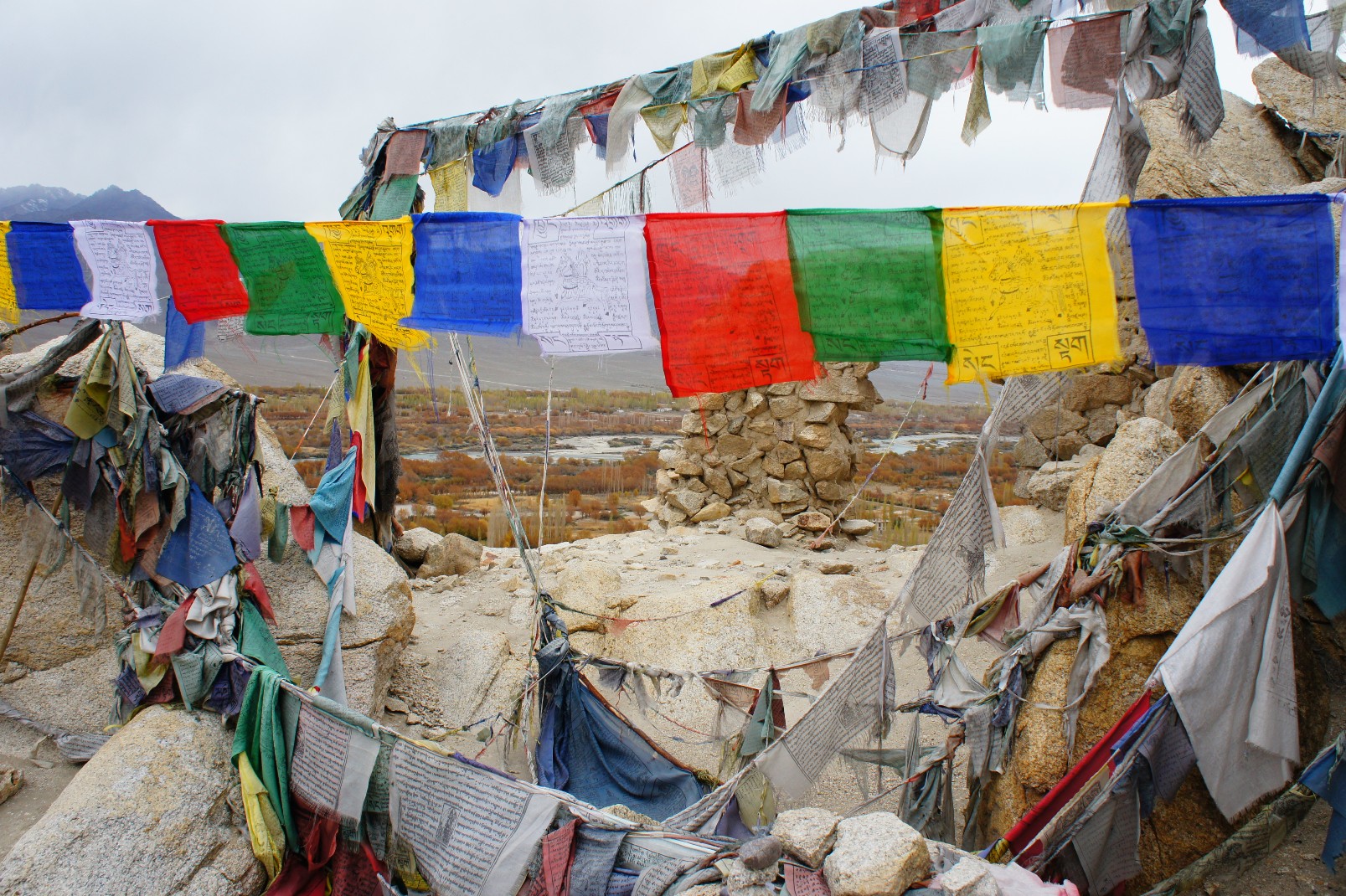Written in response to Nationalism in Indonesian Youth
Throughout my undergraduate studies in the U.S., my family members and my college friends kept asking me variations of “Where would you prefer to live and work?”: “Do you want to go home, or do you want to stay there in the U.S.?,” ‘Don’t you want to work where it pays better?” and, finally, “Mana yang lebih enak, di Indonesia atau di Amerika?” Frequently, these questions try to evaluate whether people like me, who experienced transformative years abroad, are still “Indonesian” or “nationalist” enough. To be blunt, I have one answer to all of these questions: I don’t care, and I don’t think that’s a question that motivates me.
Such questions imply two different stereotypical extremes: nationalist Indonesians who want to return home as soon as possible and has an encyclopedic knowledge of Indonesian culture and history, and, on the other hand, global cosmopolitans who are so “Westernized” such that their comments on Indonesia are limited to the unbearable traffic, the abject poverty, and the hopeless bureaucracy. I don’t belong to either of these categories, and I believe that none of these two extremes are what the world should be looking for. I believe that to be an educated person is to be aware of a certain ethics of global citizenship.
My experiences studying in Indonesia, the United States, and India tell me that seeking comfort and status should not be the ultimate achievement of studying abroad. Neither the notorious Jakarta traffic that had me read entire novels in just a single week, nor the poorly plowed Midwestern footpaths that had me slip and fall countless times in the winter, or even the inconsiderate rickshaw fares that ruined my travel budget in India, persuaded me that one place is comparably more or less desirable than the other. Aside from these minor, everyday inconveniences, every country on the globe is affected by highly interconnected social, environmental and economic problems that beg future generations not to think as citizens of individual nations, but as people who care for the planet’s collective future.
Global greenhouse gas reduction agreements, more urgently needed than ever, are stalled by national governments who pay more attention to their respective short-term economic growth rates than to an inhabitable planet. Closer to home, the haze covering Sumatra and the Malayan peninsula does not only need more Indonesian firefighters, but also more environmentally responsible practices by Malaysian and Singaporean corporations that benefit from palm oil plantations in Indonesia. And even closer to the everyday lives of Indonesians, advocating for the rights of women and sexual minorities does not result from “mainstream” interpretations of Indonesia’s national religions, but from carefully creating collaborations and organizing grassroots movements across international boundaries.
Improving lives in one nation, therefore, is eventually impossible when our ways of thinking are confined within national boundaries. We do not need everybody to turn into UN diplomats, but it is our task to reject uncritical adoptions of nationalism and question what nationalism means. Moving beyond nationalism takes us beyond facades such the color of our passports, the pronunciations of our “native” languages, and the “folk” dances we can perform.
We can start by recognizing that, no matter where we are, there are always worthwhile causes for social justice. I have volunteered for a church at a Native American reservation located in the U.S.’s poorest county by per-capita-income, where, although almost every family has cars, many residents still rely on free sandwiches given out every Tuesday and Thursday. I have volunteered for a program that distributes milk and nutritional supplements for a community of trash collectors who, ironically, live next door to one of South Jakarta’s poshest residential complexes. Somehow, the people running these two program, the people who care for those who are needy, have much more in common with each other than with some of their fellow countrymen, although, on paper, they belong to different countries. To me, whether a social cause is “Indonesian” or “American” is far less important than the fact that inequalities and injustices exist everywhere I go.
I simply have to say that being a “nationalist” is not necessarily the mark of a remarkable educational journey. At the end, we all have to be compassionate, regardless of our national identities.
Photo Credit: Tibetan prayer flags, Leh, India (2011) courtesy of Landon Coates Welsh










Hi Rafadi,
Thank you for writing a response. I appreciate your decision to share your perspective. After discussing your article with several friends, some of which are also IM contributors, we agreed that there are several levels of citizen consciousness. Basically, as an individual we can be aware locally (RT/RW, city, province), nationally, regionally (ASEAN or EU), and globally. I believe that each one of us have the liberty to focus our thoughts and endeavors on multiple arenas, for instance one friend said, for her, it is essential to think globally but also act locally. Ultimately, I thank you for bringing your thoughts to light, as it highlights another aspect of the paradigm of good citizenship.
Makasih banyak Rafadi! Good luck!
Hi Robyn
I have to thank you first because you gave me the opportunity to continue this conversation! In anthropology, we talk a lot about identity, belonging, commitments, and allegiances, and how these things intersect and overlap in each person’s life. So, as you said, the freedom to choose our own way of expressing of citizenship is very important. What I’m saying is that these pre-conceived scales, such as “nationalism,” must not trump our compassion for humanity in general, something that is driven by kindness rather than by pride. At least that’s my way of articulating this complex issue. Good luck too, and I wish you the best as you further your studies!
Fadi
Hi Fadi,
I definitely agree with you that such pre-conceived scales or socially constructed ideas must not be the scapegoat for bad global citizenship or lack of compassion for humanity. Perhaps, when it comes two kindness and pride, one could see them as two separate but interrelated subjects.
Unfortunately, often we make choices without thinking it through to the point of consequence. We rarely evaluate our decisions based on the larger picture. For instance, am I really doing this to show that I am a good Indonesian or a good person, or am I doing it because I really care? In actuality there are a myriad other motivations.
Again, I really appreciate your perspective and enjoy the fact, thanks to IM, that we have the platform to hold these (complex) conversations.